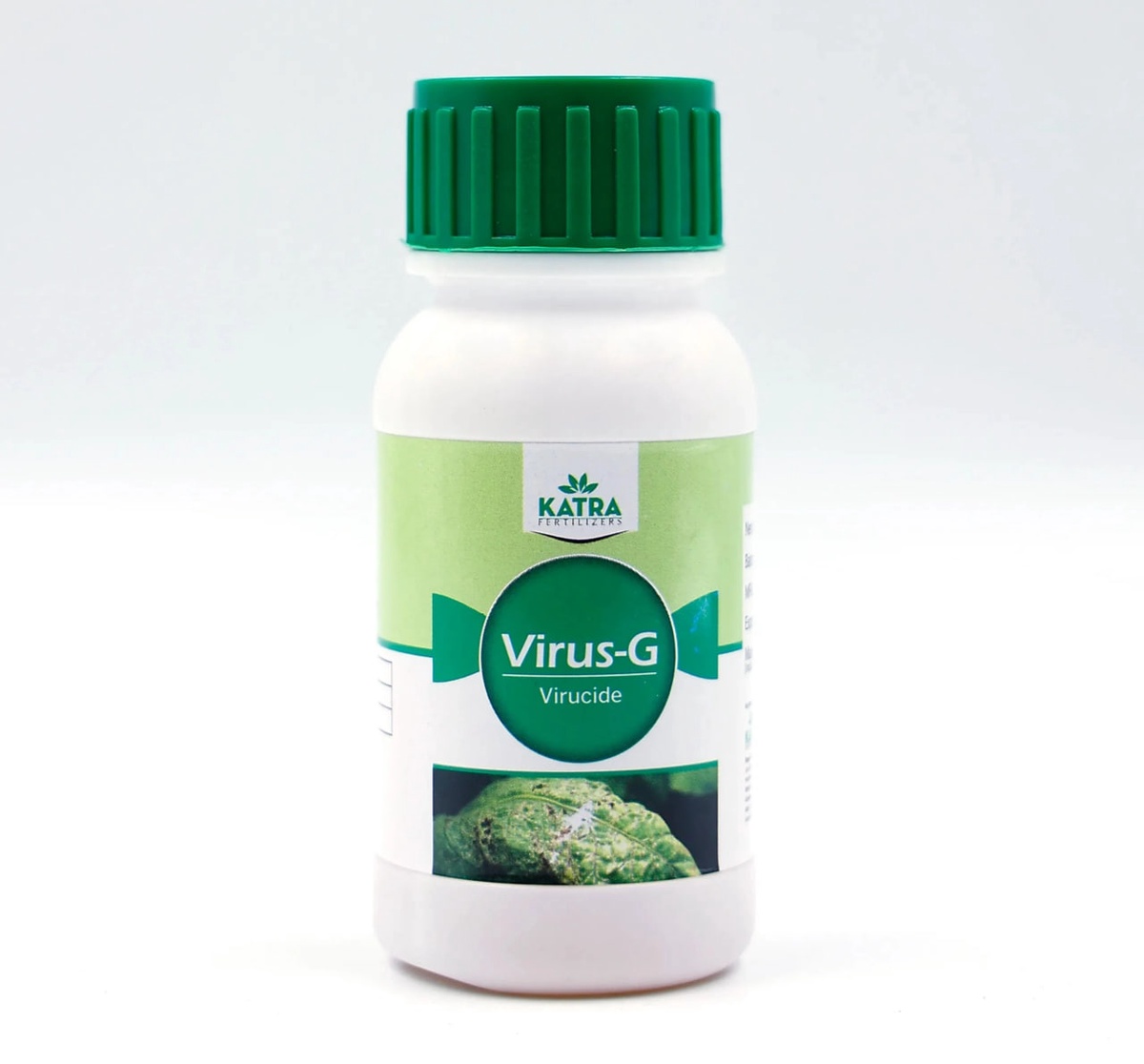You may likely find a variety of fertilisers, both chemical and organic, in any gardening supply store. There are a number of reasons why organic liquid fertilisers have gained popularity and are superior to chemical substitutes, even if they may be touted as having the same effects.
In comparison to chemical fertilisers, utilising organic liquid fertilisers in your garden has a number of well-known advantages. Here are some top advantages.
Organic Fertilisers Are Natural And Toxic-Free
Toxicity is one of the most important benefits of utilising organic liquid fertilisers. Organic materials are safe for people, animals, and plants since they are manufactured from natural resources such as recycled plant matter.
Utilising an organic liquid fertiliser is therefore a surefire approach to ensure that you are protected from the toxicity linked to some inorganic fertiliser products.
Organic Fertiliser is Environmentally Friendly
Utilising only organic liquid fertiliser for your garden enables you to make a tiny but meaningful contribution to the preservation of nature. Organic fertilisers, in contrast to chemical liquid fertilisers, are thought to be completely safe for the environment in which they are utilised, regardless of the amounts that remain in the soil.
Contrast this with synthetic/artificial liquid fertilisers, which are known to damage nearby plant life, insects, and over time increase soil acidity.
Natural Fluid Recycling Materials can be Used to Make Fertiliser
Regarding the advantages for the environment, the majority of organic liquid fertilisers are created from food or yard waste that would otherwise wind up in a landfill or sewage treatment facility.
There are organisations and people doing fantastic work converting organic waste into a variety of valuable goods besides fertiliser.
Additionally, you could discover that most organic liquid fertilisers are less expensive than their inorganic counterparts while shopping. For instance, several nations offer incentives to farms and businesses who create organic goods from trash recycling.
More Nutritious Produce
If possible, use only organic liquid fertilisers when planting vegetables and fruits that are intended for human consumption. Studies tying chemical fertilisers to cancer and other ailments have raised concerns about the implications of eating food laced with them.
As a result, many people who are concerned about their health are gravitating towards natural meals made from organic ingredients.
Most nations require that organic food be prominently labelled as such in order to aid customers in making informed purchasing decisions.
This makes employing organic liquid fertilisers a good alternative for vegetable and fruit producers worldwide, along with the rapidly increasing demand for organic commodities.
Organic Fertilisers Strengthen Soils
Organic fertiliser has two effects on the soil since it is created from recycled or dead plant material. One, it enriches the soil with nutrients necessary for plant development and health, and two, it strengthens the soil's physical composition.
This implies that you may use the same soil for many planting cycles without it degrading in indoor or controlled planting situations. Each time you apply organic fertiliser, the soil gets better, supporting more plants for longer periods of time.
You Can Create Organic Fertiliser on Your Own
You may produce your own liquid fertiliser at home with the help of a number of manuals that are available for urban gardeners like you. You may learn how to make usable organic liquid fertiliser by turning dead plant and animal matter you have into useful materials and equipment.
You can produce it for your gardening endeavours or market it and offer it for sale to those who want fertiliser.
Organic Fertiliser Should Not Be Used Excessively In Gardens
The possibility of overfertilizing your gardens with inorganic or chemical fertilisers is a major issue since it can result in plant mortality, acidic soil, and increased toxicity. With chemical fertilisers, you need to be careful with the dosage and application schedule.
Contrarily, since liquid organic fertiliser naturally belongs to nature, there is no risk in utilising it excessively. To maximise the fertiliser's benefits and keep it for later use, you merely need to make a timetable.
Finally, employing organic liquid fertiliser is beneficial and ought to be promoted. Where there are no subsidies for organic food, there are just too many advantages to outweigh any additional costs you may pay.


No comments yet